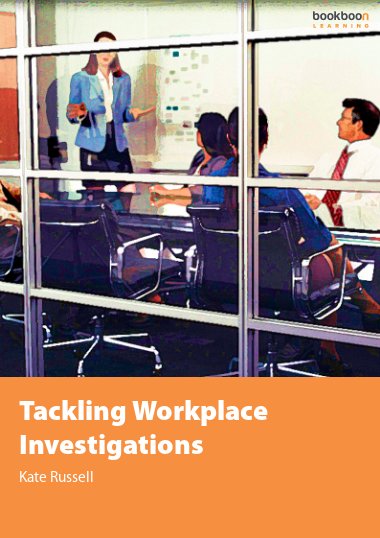Workplace investigations are often poorly executed. If you carry out a poor investigation, it’s likely that the result of the discipline process will be equally poor – and that can lead to employment tribunal claims. When problems arise, employers must investigate and determine, as far as is reasonably possible, what really happened. This book shows you how to get it right.
About the author
Kate Russell, BA, barrister, MA is the Managing Director of Russell HR Consulting and the author of this publication. She is the author of How to Get Top Marks in … Managing Workplace Investigations, Build Your Dream Team – How SMEs Can Plug the Talent Gap, plus several other practical employment handbooks and e-books.Russell HR Consulting Ltd delivers HR solutions and practical employment law training to a wide variety of industries and occupations across the UK. Kate has developed a reputation for being knowledgeable, robust and commercially aware and is especially well versed in the tackling and resolving of tough discipline and grievance matters.


